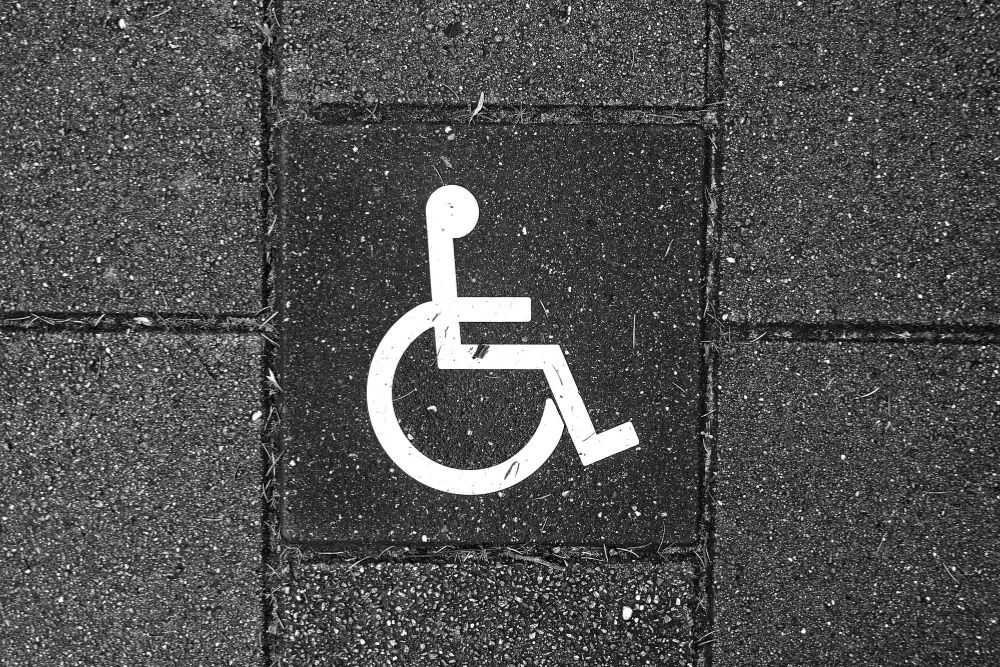
Kenya: ICJ, Validity Foundation and UDPK promote the use of strategic litigation on the rights of persons with disabilities
At a workshop convened on 11 and 12 October, the International Commission of Jurists (ICJ), Validity Foundation, and the United Disabled Persons of Kenya (UDPK) stepped up efforts to promote the greater use of strategic litigation to secure the rights of persons with disabilities. The workshop was aimed particularly at building the capacity of organizations of persons with disabilities (OPDs) to undertake strategic litigation.
“As a party to the Convention on the Rights of Persons With Disabilities, the African Disability Protocol and other regional and UN human rights treaties, Kenya is obliged to ensure that all persons with disabilities enjoy all human rights on an equal basis. Kenya’s obligations include a duty to ensure that effective remedies – including throughout courts – are available where persons with disabilities allege the denial of their rights,” said Wilson Macharia, ICJ Africa’s Associate Legal Advisor.
Strategic litigation is currently underutilized by persons with disabilities and their representative organizations in Kenya. At the workshop, persons with disabilities indicated that they faced barriers to instituting or participating effectively in litigation due to:
- a general lack of knowledge of their rights and the existing mechanisms to enforce these rights;
- a lack of knowledge on the operations of the available mechanisms, including complex court procedures.
- a lack of knowledge on existing legal aid programs and services.
- a failure by courts and other justice mechanisms to provide appropriate reasonable and procedural accommodations.
CSOs and lawyers who attended the workshop stressed that key stakeholders, including those who provide litigation support to indigent persons, typically do not have adequate capacity and training to advocate for the rights of persons with disabilities.
“The Law Society of Kenya should work towards establishing a committee with a specific mandate of advocating for the rights of persons with disabilities, in addition to mainstreaming disability rights in the existing committees”, said Were Bonface, an advocate from the Public Interest and Advocacy Directorate of the Law Society of Kenya.
During the workshop, the participants also discussed the need for continuous meaningful engagement between OPDs and other key stakeholders which undertake legal advocacy on human rights, including the Kenya National Commission on Human Rights, Katiba Institute, the Law Society of Kenya, and the Federation of Women Lawyers in Kenya.
Contact:
Wilson Macharia, ICJ Africa Associate Legal Adviser, e: wilson.macharia@icj.org
Background
The workshop brought together OPDs, CSOs, the Law Society of Kenya, the Kenya National Commission on Human Rights, the Judiciary, the national Legal Aid Service and other stakeholders. The workshop served as a platform to discuss potential areas of strategic litigation on the rights of persons with disabilities in Kenya, including legal reform, inclusive education, legal capacity, denial of reasonable accommodation, and accessibility. The workshop follows on from ICJ and African Union of the Blind’s partners’ previous engagement on access to justice for persons with disabilities at a half-day workshop held in Nairobi on 8 September 2022. The ICJ has also engaged with Criminal Justice Actors from Milimani Law Courts in Nairobi, and has supported Kenyan OPDs in preparing submissions to the Committee on the Rights of Persons with Disabilities.
The Constitution of Kenya 2010 incorporates widespread human rights protections for all persons, including persons with disabilities. In particular, article 54 elaborates the rights of persons with disabilities to be treated with dignity; to have equal access to all places, spaces and facilities; and to access equipment to overcome constraints arising from disability. Article 22 of the Constitution gives every person the right to institute court proceedings claiming that a right or fundamental freedom in the Bill of Rights has been denied, violated or infringed, or is threatened. In addition, the obligations under international human rights law, including the Convention on the Rights of Persons with Disabilities and the Protocol to the African Charter on Human and Peoples’ Rights on the Rights of Persons with Disabilities form part of Kenyan law by virtue of article 2(6) of the Constitution.
Resources
The Constitution of Kenya 2010
Kenya Persons with Disabilities Act 2003
Convention on the Rights of Persons with Disabilities
International Principles and Guidelines on Access to Justice for Persons with Disabilities




